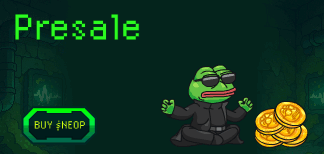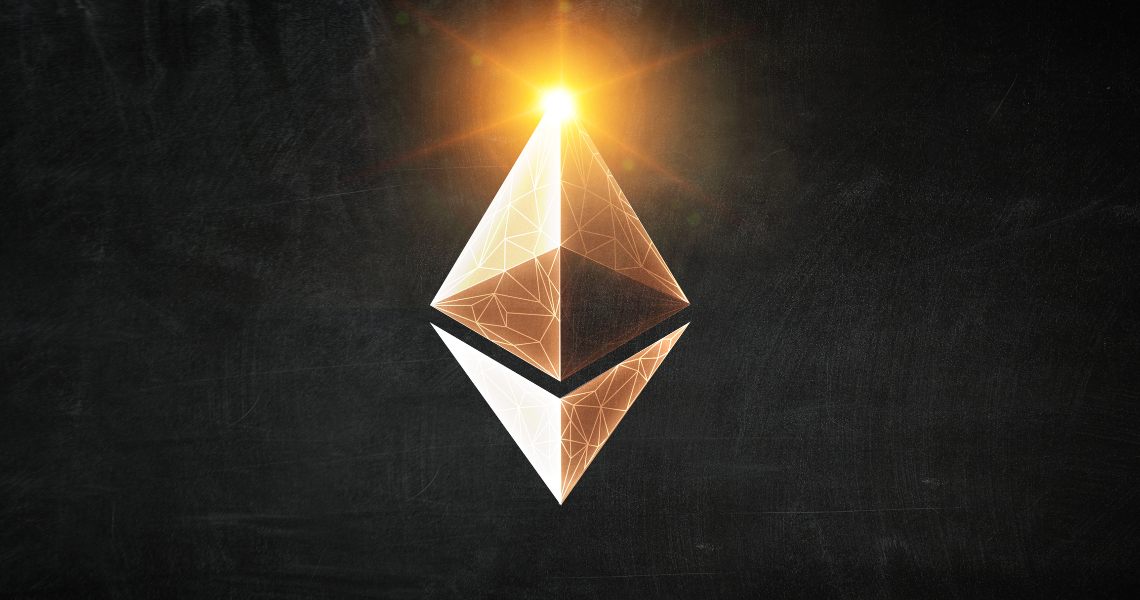In this 2020 which has only just begun, Ethereum will experience a period of strong expansion on the development front, thanks to several innovations, such as DeFi.
While Ethereum 2.0 is at the centre of attention and remains the focus of the discussion, at the same time there is a concrete and pragmatic development in bringing version 1.0 to a level capable of withstanding the strong demand for low-cost transactions, right here and now.
All this is strongly driven by the key sectors of this industry:
- Money Transactions (ETH + USDT & co + Token);
- DeFi – Decentralised Finance (Stablecoin + Lending platform);
- Gaming (collectable + token);
- Decentralised Exchanges (DEX);
- Decentralised Applications (dApps).
There is no doubt that the emphasis and expectations of success lie in finance and gaming, which are gigantic sectors where technology innovation is crucial.
But behind all this, there is another movement that in 2020 could offer its best and demonstrate the disruptive capabilities of a distributed platform like Ethereum.
DAOs
The concept of “Decentralised Autonomous Organisations” entered people’s minds in 2013 with the release of Vitalik Buterin’s whitepaper. The possibilities put forward by smart contracts launched on the Ethereum Virtual Machine have allowed the human imagination to conceive an organisational system capable of operating with high levels of autonomy.
The immutability and the certainty of the vote combined with the ability to finance activities in a decentralised way have produced the first experiments. The internal proposals of the DAOs were financed and voted by the stakeholders (the holders of the tokens issued by the system) in completely new ways, without a central authority, without intermediation, with a model of government provided for by the code and equal for all.
- Backfeed
- Colony
- Wings
These first experiments were quite naive and premature, but gave way to the most debated and contested: “The DAO“.
To this day, among the ten largest fundraisers in history, The DAO raised more than $150,000,000 and led to the hard-fork dispute between Ethereum and Ethereum Classic. The cause was a bug in the smart contract code that allowed a user to take advantage of the programming error by subtracting thousands of Ethereum from the contract.
A major lesson was taught in those days to all those who were interested in blockchain and cryptocurrencies, the famous saying “code is law” suffered the first big attack.
The immutable ledger was “changed” by the human will which, through the mechanics of consensus (hard-fork), brought the hand of time back to the moment when the error of the code was exploited by returning the funds. Many opinions have been published on this subject, with views that still divide the community today.
In recent years, however, there was no stopping, and new, more advanced projects have seen the light of day:
- Aragon
- DAOstack
- MakerDAO
While Aragon allows the management of an organisation, a company or a community with simplicity and without having to worry about national borders or intermediaries, DAOstack allows a motion/proposal to emerge prior to the vote thanks to the concept of “Holographic consensus”.
MakerDAO has instead created the stablecoin DAI which is changing the face of decentralised finance. The most important decisions related to the evolution of the project are taken within its DAO.
Considering what has been done and the speed with which the ecosystem is evolving, nobody can forbid thinking that besides DeFi in 2020 there will be the birth of new platforms and projects that address the concrete problems of the society in which we live.
The model with which power is distributed could change thanks to this technology. New systems of government will revolutionise the way the global community acts.
In response to a globalisation that has created centralised giants like Facebook and Google, there are new solutions available in order to distribute power with bottom-up dynamics.
God bless the blockchain.


